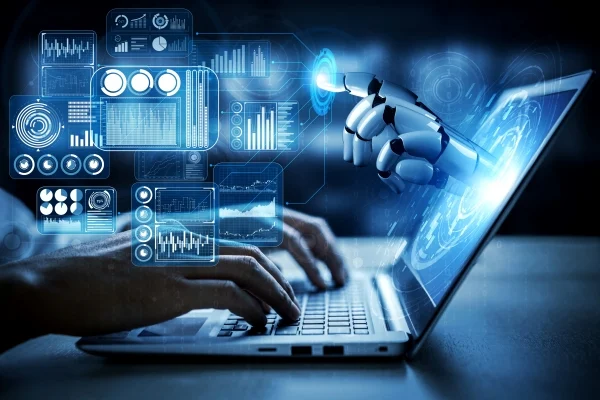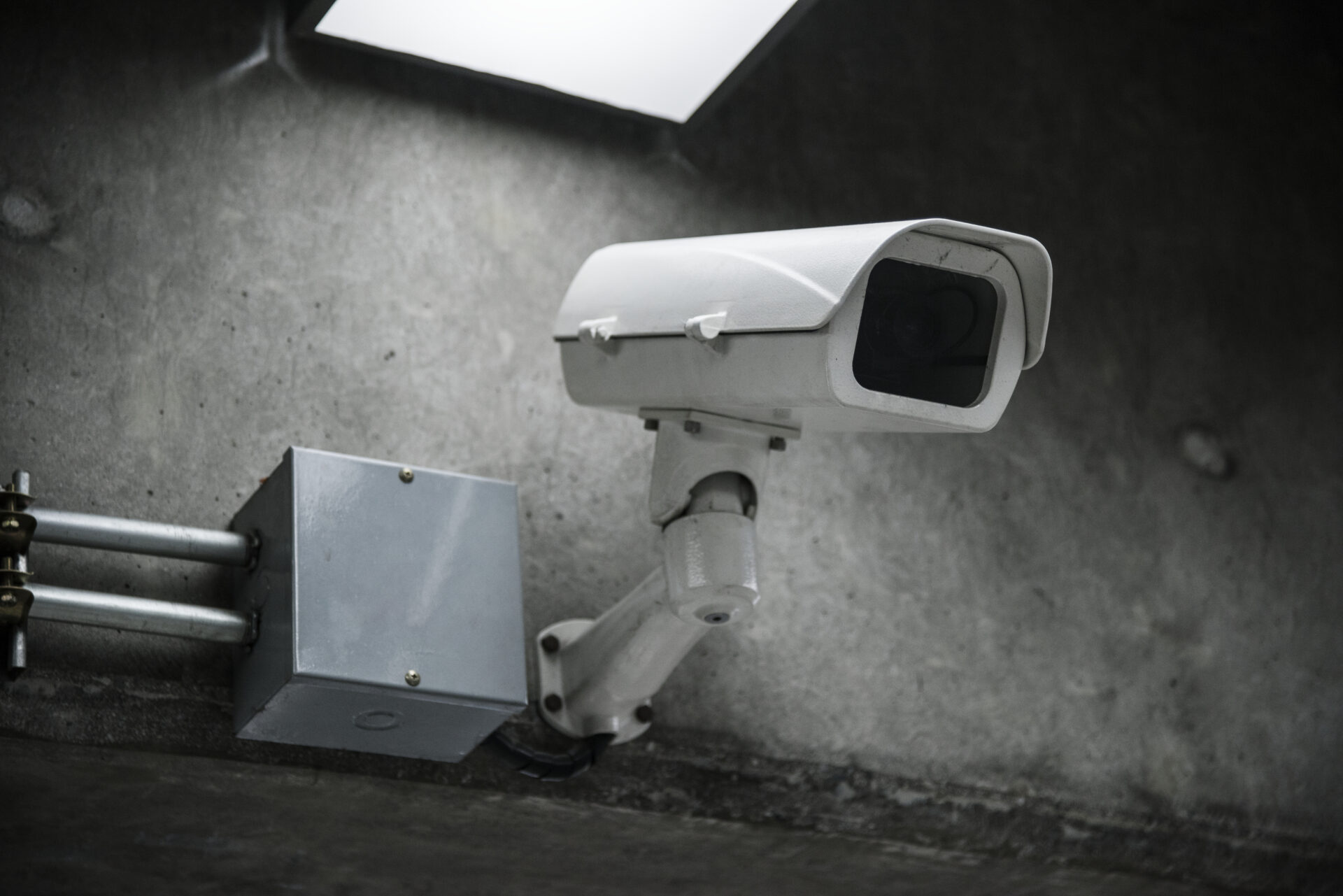From Data to Action: Leveraging AI Video Analytics to Optimize Manufacturing Processes
Manufacturing processes have always been a critical aspect of businesses, and optimizing these processes is key to improving productivity, efficiency, and overall profitability.
According to guidelines provided by the Workplace Safety and Health Council (WSHC) in Singapore, it is essential for manufacturing companies to adhere to stringent safety standards to ensure the well-being of their workers and prevent accidents.
With artificial intelligence (AI) and video analytics advancements, manufacturers now have powerful tools to transform data into actionable insights, leading to optimized manufacturing processes, including construction safety.
This blog post will explore how AI video analytics can be leveraged to optimize manufacturing processes. We will also closely examine Invigilo.ai, a leading provider of AI video analytics solutions.
Definition of AI Video Analytics
AI video analytics uses advanced algorithms and machine learning techniques to analyze video data and extract meaningful insights. It involves the application of computer vision, deep learning, and data analytics to process video streams in real-time or near-real-time, enabling businesses to gain valuable insights from video data for process optimization.
Importance of Manufacturing Processes Optimization
Manufacturing processes are complex and involve multiple stages, machines, and variables. Optimizing manufacturing processes is crucial for achieving operational excellence, reducing costs, increasing productivity, enhancing quality control, and ensuring worker and construction safety.
Traditional process optimization methods may have limitations in real-time monitoring, data analysis, and predictive capabilities. This is where AI video analytics can significantly address these challenges and unlock new opportunities for manufacturers.
Brief Overview of Invigilo.ai as a Leading Provider of AI Video Analytics Solutions
Invigilo.ai is a leading provider of AI video analytics solutions specifically designed for manufacturing. Their cutting-edge technology combines advanced computer vision algorithms with deep learning models to analyze video data in real-time and provide actionable insights for process optimization.
Invigilo.ai, a leading provider of AI video analytics solutions, offers scalable and customizable solutions for the manufacturing industry, including construction safety, that can be integrated with existing manufacturing systems.
Challenges in Manufacturing Processes Optimization
Traditional methods of manufacturing process optimization may rely on manual data collection, analysis, and decision-making, which can be time-consuming, labor-intensive, and prone to human errors.
Additionally, these methods may need more real-time monitoring capabilities, making it difficult to detect and address process deviations or anomalies in a timely manner.
Moreover, traditional methods may only partially utilize the vast amount of video data generated by manufacturing processes, which can provide valuable insights for optimization.
Need for Real-time and Data-driven Solutions
Real-time monitoring and data-driven decision-making are critical for identifying opportunities for improvement in manufacturing processes, including construction safety, and AI video analytics can provide the necessary insights for better outcomes.
Manufacturers today face the challenge of effectively processing and analyzing large volumes of real-time video data. This data can come from various sources, such as surveillance cameras, production line monitoring, and equipment sensors. To make sense of this data and derive actionable insights, manufacturers need solutions that can process and analyze it in real-time.
For example, imagine a manufacturer that uses video cameras to monitor their production line for quality control. With data-driven solutions, they can automatically analyze the video data in real-time to detect defects or anomalies, trigger alerts or notifications to relevant personnel for timely intervention, and even take automated actions to correct the issues. This enables quick decision-making and intervention, helping to minimize production downtime and reduce the chances of defective products reaching the market.
Furthermore, data-driven solutions can give manufacturers insights to optimize their processes based on data-driven analysis. For instance, by analyzing video data from different production lines, manufacturers may identify inefficiencies or bottlenecks in their processes and take corrective actions to streamline operations. This can result in improved productivity, reduced costs, and better resource utilization.
Role of AI in Overcoming Challenges
This is where AI video analytics comes into play. AI algorithms can process large volumes of video data in real time, identify patterns, trends, and anomalies, and provide insights for process optimization.
Deep learning and computer vision algorithms in AI video analytics enable real-time monitoring and detection of safety hazards for workers, making it possible to take immediate actions to prevent accidents and ensure worker safety in manufacturing processes, including construction safety.
By leveraging AI, manufacturers can overcome the limitations of traditional methods, and unlock the full potential of video data for optimizing their manufacturing processes.
How to Leverage AI Video Analytics for Manufacturing Processes Optimization
One of the critical steps in leveraging AI video analytics for manufacturing process optimization is collecting and analyzing video data. Video data can be collected from various sources, such as CCTV cameras, drones, robots, and other sensors that capture visual information from the manufacturing processes.
This video data can then be processed and analyzed using AI video analytics algorithms to extract actionable insights.
For example, video data can monitor machine performance, detect defects, track production progress, and analyze worker behavior, among other valuable insights.
Integration with IoT and Other Data Sources to Enhance Visibility
To further optimize manufacturing processes, AI video analytics can be integrated with other data sources, such as the Internet of Things (IoT) devices, to enhance visibility and enable holistic process optimization.
For example, data from sensors that capture temperature, pressure, humidity, and other variables can be combined with video data to provide a comprehensive view of the manufacturing process.
This integrated data can then be analyzed using AI algorithms to identify correlations, patterns, and anomalies that may impact the process performance and trigger alerts or notifications for proactive intervention.
Deep Learning and Computer Vision Algorithms for Real-time Monitoring and Detection
Deep learning and computer vision algorithms are critical in AI video analytics for manufacturing process optimization. These algorithms can analyze video data in real-time to detect objects, defects, anomalies, and other relevant information.
For instance, computer vision algorithms can detect faults in products or parts, monitor machine performance for potential breakdowns, and identify worker safety hazards.
Real-time monitoring and detection capabilities enable manufacturers to take immediate actions to address any process deviations, prevent downtime, and improve overall process efficiency.
Predictive Maintenance and Quality Control to Optimize Production
Another powerful application of AI video analytics in manufacturing process optimization is predictive maintenance and quality control. Predictive maintenance and quality control can optimize production processes by minimizing disruptions, improving reliability, and reducing scrap or rework.
By analyzing video data in real time, AI algorithms can predict potential machine failures or quality issues, allowing manufacturers to proactively schedule maintenance or quality checks. This can help reduce downtime, prevent costly production delays, and ensure consistent product quality.
Worker Safety and Productivity Enhancement through AI Video Analytics
Worker safety is a top priority in manufacturing processes, and AI video analytics can play a crucial role in ensuring a safe working environment.
For instance, computer vision algorithms can detect safety violations such as unauthorized personnel in restricted areas, workers not wearing required safety gear, or workers engaging in unsafe behaviors.
AI video analytics can trigger alerts or notifications in real-time, allowing manufacturers to take prompt actions to prevent accidents or incidents.
Furthermore, AI video analytics can also analyze worker behavior and productivity, providing insights for process improvement, training, and resource allocation to enhance overall productivity.
Conclusion
In conclusion, AI video analytics can potentially revolutionize manufacturing process optimization. By leveraging real-time video data analysis, integration with other data sources, and advanced deep learning and computer vision algorithms, manufacturers can gain valuable insights for optimizing their processes, improving productivity, ensuring product quality, enhancing worker safety, and reducing costs.
Invigilo.ai is at the forefront of providing cutting-edge AI video analytics solutions for the manufacturing industry, enabling manufacturers to unlock the full potential of video data for process optimization.
Schedule a complimentary appointment with us to personally experience how Invigilo operates and how it can be seamlessly integrated into your company’s existing infrastructure.



